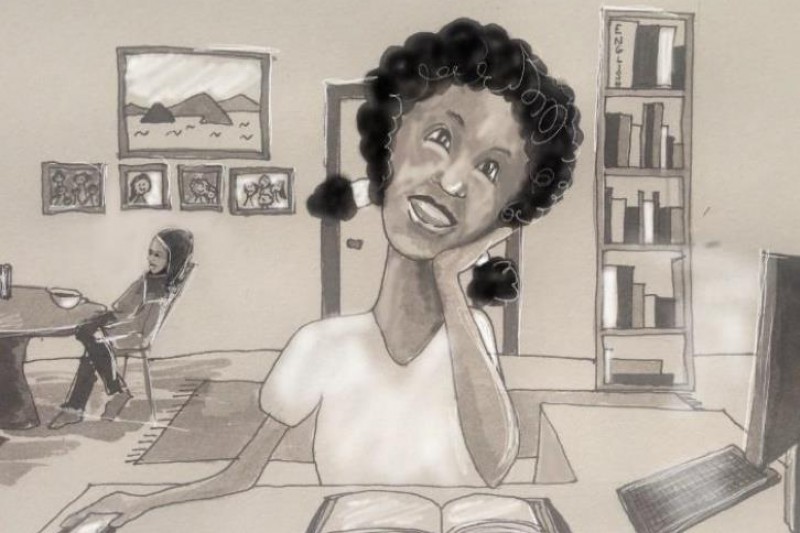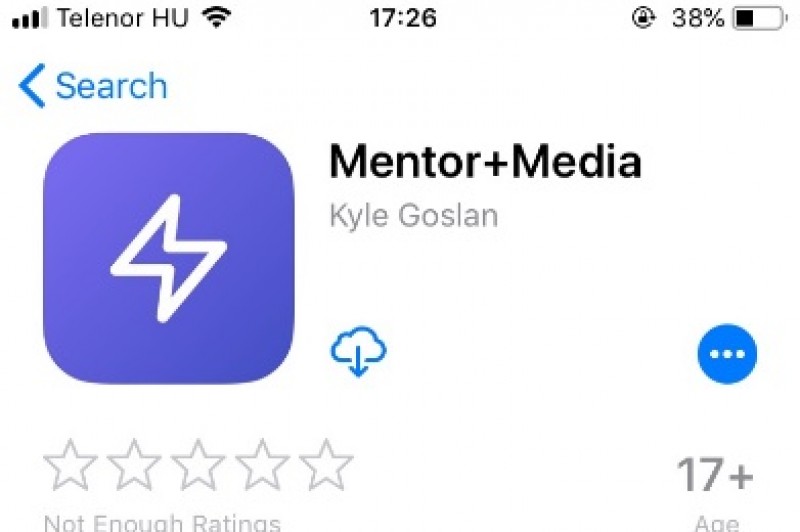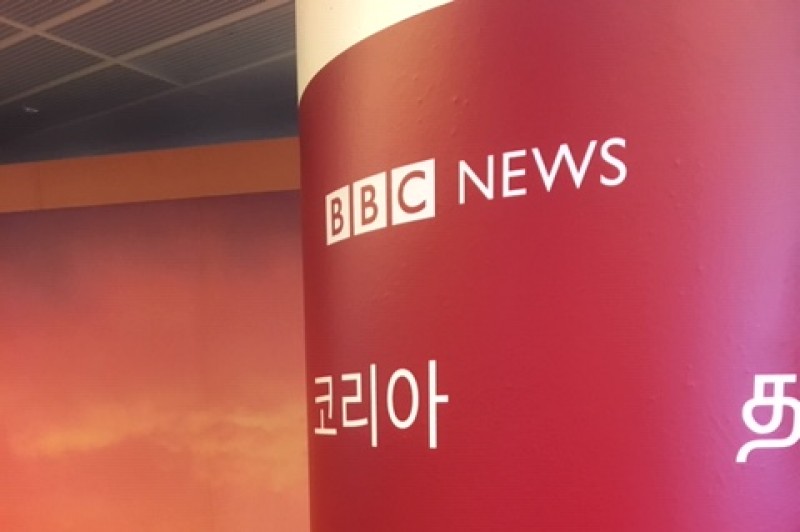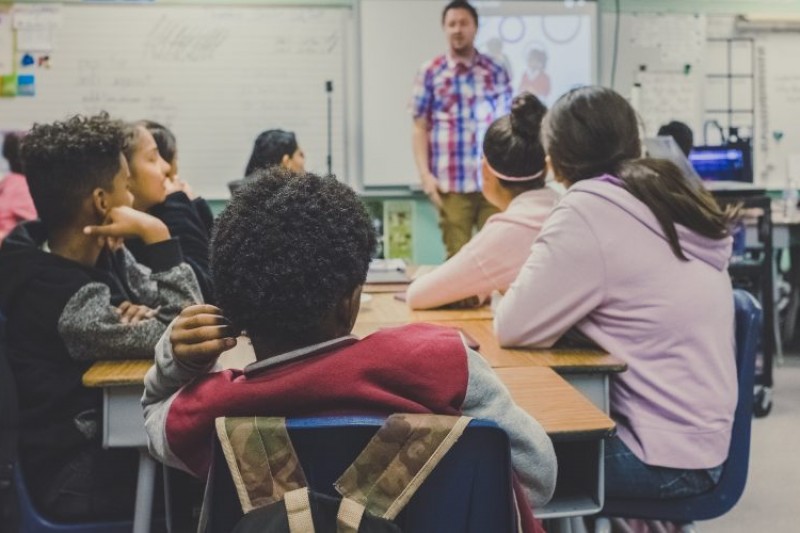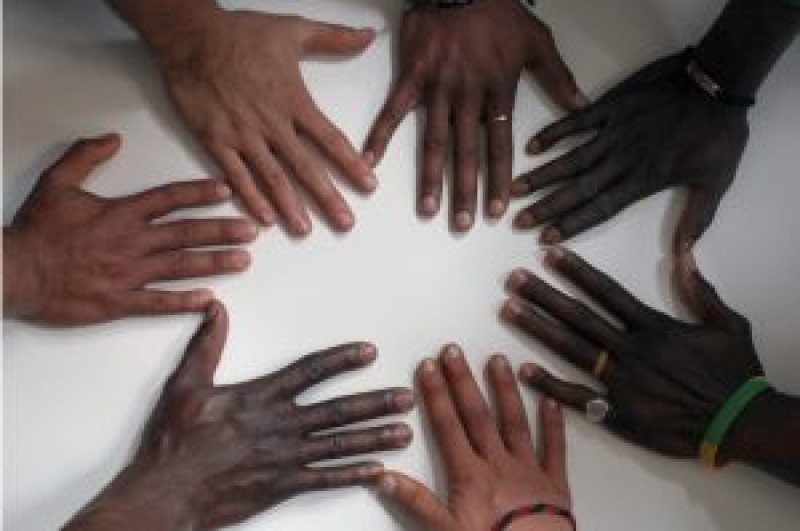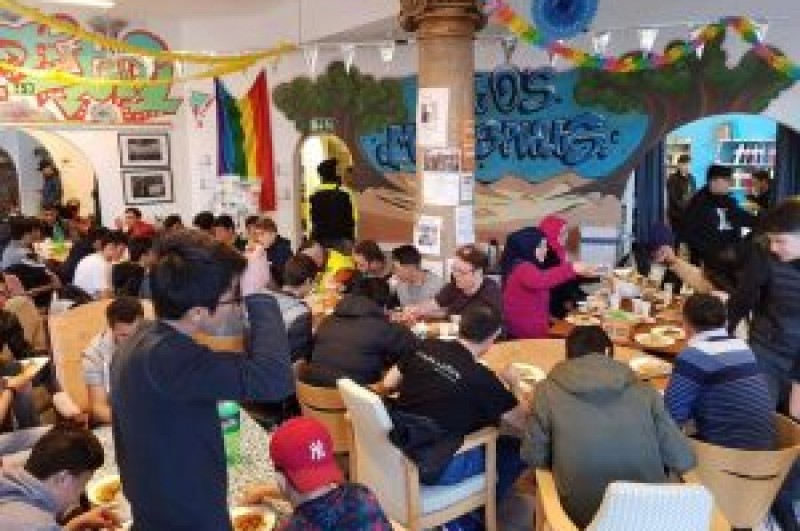In the last three years, more than 150,000 unaccompanied minor asylum seekers were registered in the EU, according to Eurostat. Refugee children pose considerable policy challenges: their integration in Europe is of utmost importance.
Studies show that while refugee children have IT competencies, they lack the ability to make critical media choices, and make informed decisions regarding their wellbeing. This project builds on the IT knowledge of young refugees in order to further their integration by developing media literacy pedagogic tools.
Media literacy education is essential for empowering citizenship, for gaining skills to become drivers of economic growth, and not least, to prevent radicalisation. Media literacy, a necessary aspect of lifelong learning, enables young people to participate civically, to overcome disadvantage and to represent marginalized and missing voices.
For developing these pedagogic tools, the research seeks to identify how unaccompanied minor refugees use digital technology and social media through fieldwork carried out in three EU countries (Sweden, the Netherlands and Italy). In the second research phase, participatory action research (PAR) will be conducted in collaboration with an NGO which specializes in PAR with refugee youth.
These results will be used to design teaching materials for youth workers and teachers. The project is unique because it brings together the disciplines of education, media literacy and migration studies for offering solutions to a matter of pressing urgency: the integration of unaccompanied minor refugees.
